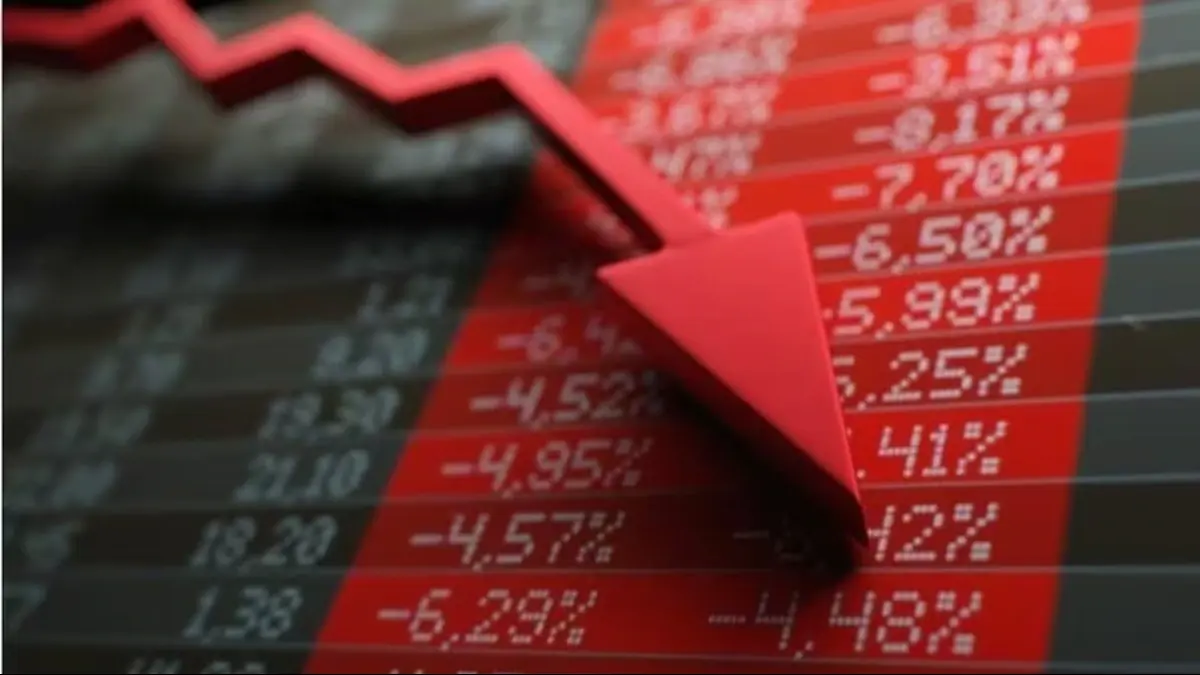The Sensex experienced a dramatic fall of 1,737.30 points, trading at 82,528.99 around 1:47 pm, while the NSE Nifty50 dropped by 530.70 points to 25,266.20. This sharp decline has alarmed investors, raising concerns about its potential impact on the Indian economy.
As tensions escalate between Iran and Israel, the domestic stock market is bearing the brunt, with the Sensex plunging over 1,400 points earlier in the day. The total market capitalization of BSE-listed companies has seen a staggering decrease of approximately Rs 8 lakh crore.
Central to this market turmoil is a surge in oil prices, driven by the ongoing conflict. Iran’s missile strikes on Israel have heightened fears of disruptions to global oil supply, causing Brent crude prices to rise above $75 per barrel and West Texas Intermediate to reach around $72.
For oil-importing countries like India, these price increases could exacerbate inflationary pressures, affecting everything from transportation costs to corporate earnings.
Trivesh D, COO of Tradejini, noted that rising oil prices might strain India’s fiscal deficit, compelling the government to divert funds from crucial infrastructure or public welfare projects to accommodate the escalating costs.
Dr. VK Vijayakumar, Chief Investment Strategist at Geojit Financial Services, warned that if Israel retaliates against Iranian oil facilities, it could trigger an unprecedented spike in crude prices, severely impacting India’s economy.
Market experts are urging caution in light of these geopolitical tensions. Vijayakumar recommends that investors diversify their portfolios into more stable sectors such as pharmaceuticals and fast-moving consumer goods (FMCG), which generally remain less volatile during crises.
Dr. Manoranajan Sharma, Chief Economist at Infomerics Ratings, pointed out the broader implications of the conflict: “This escalation marks yet another flashpoint in the Middle East situation. With the US firmly backing Israel, investors should prepare for ongoing market volatility.”
“As developments unfold, market fluctuations are likely, and the impact on global dynamics remains uncertain,” Tradejini’s Trivesh D remarked.
With geopolitical tensions rising, the pressing question for investors is whether they should be concerned. The answer depends on how swiftly the situation evolves and its repercussions on the global economy. For now, staying informed and exercising caution seems to be the most prudent approach.







